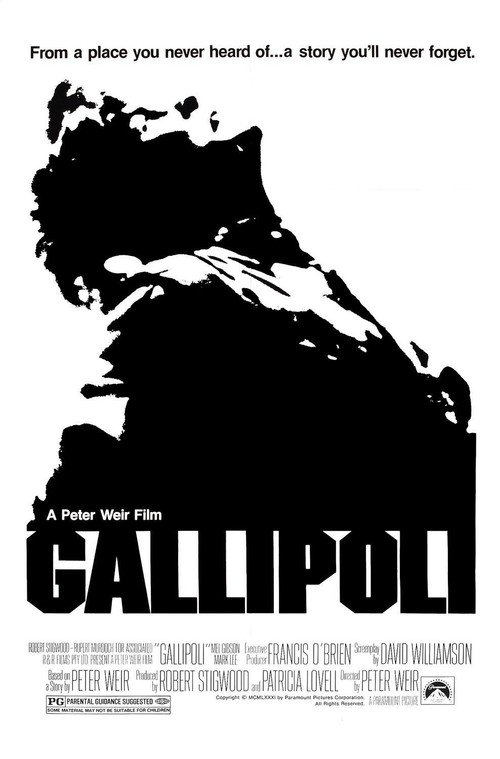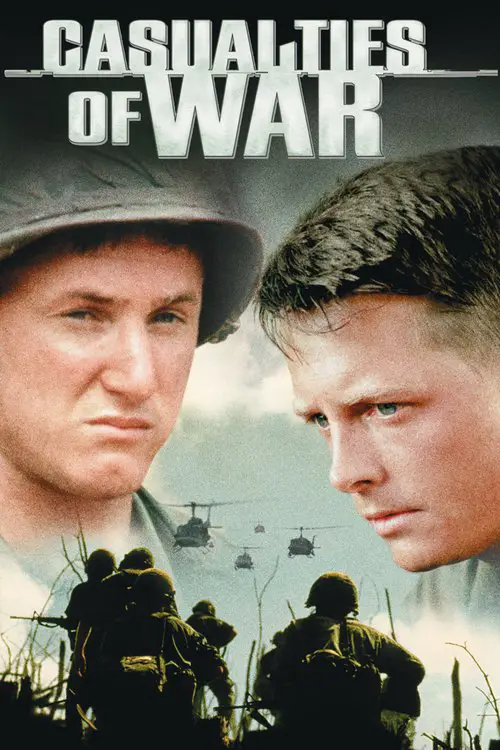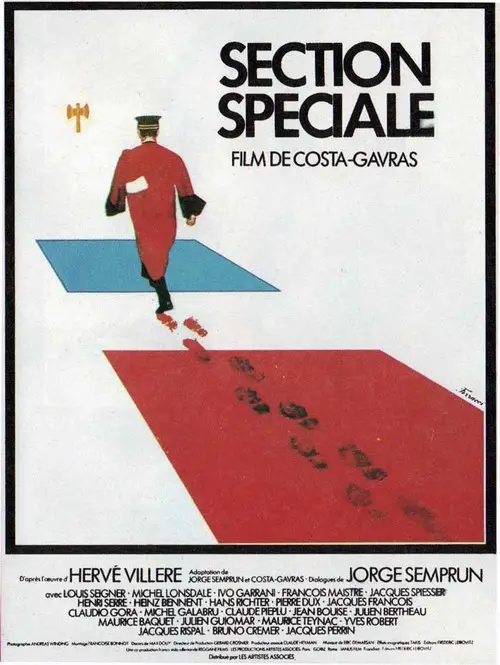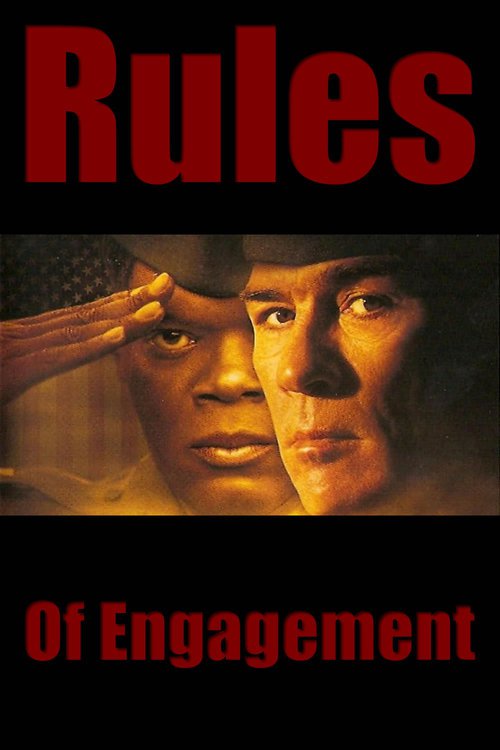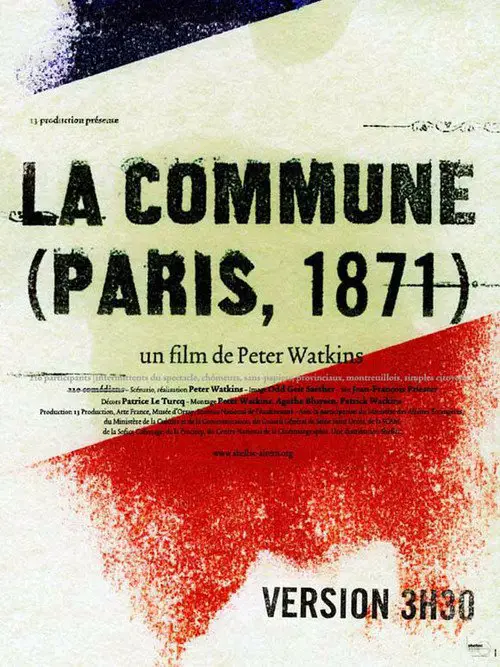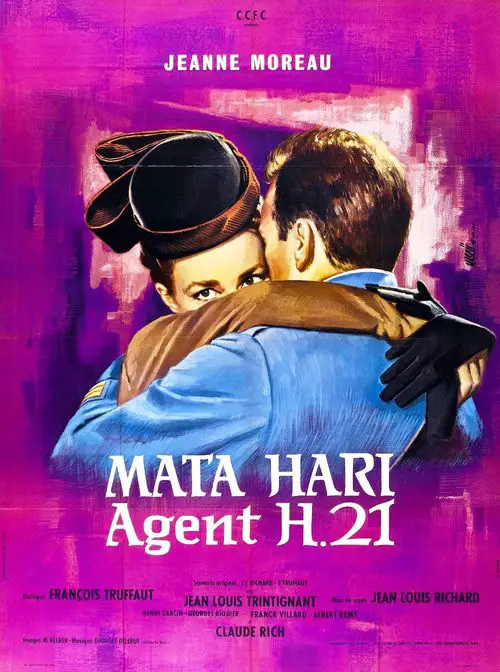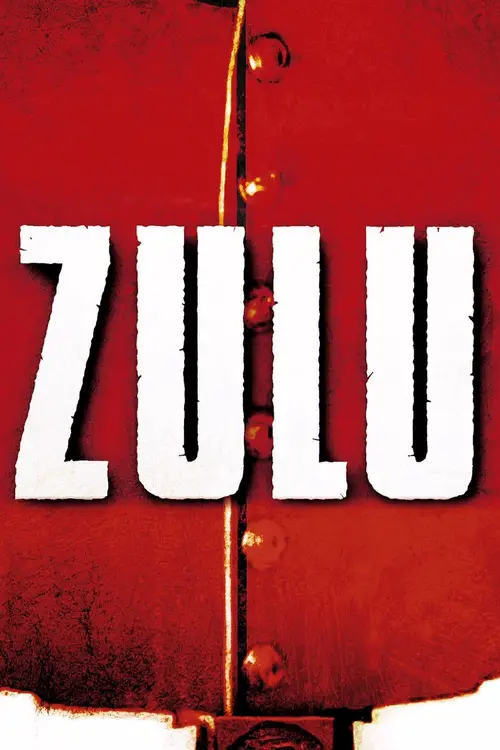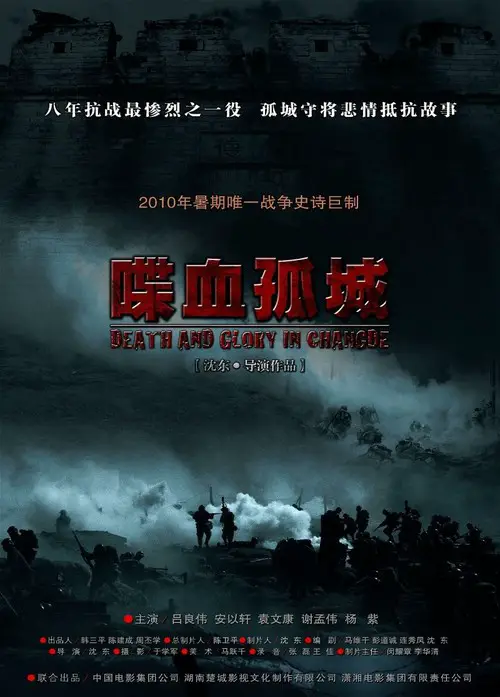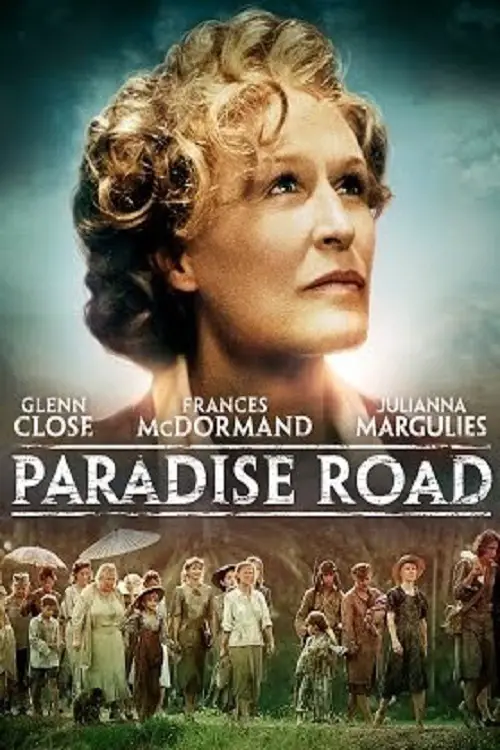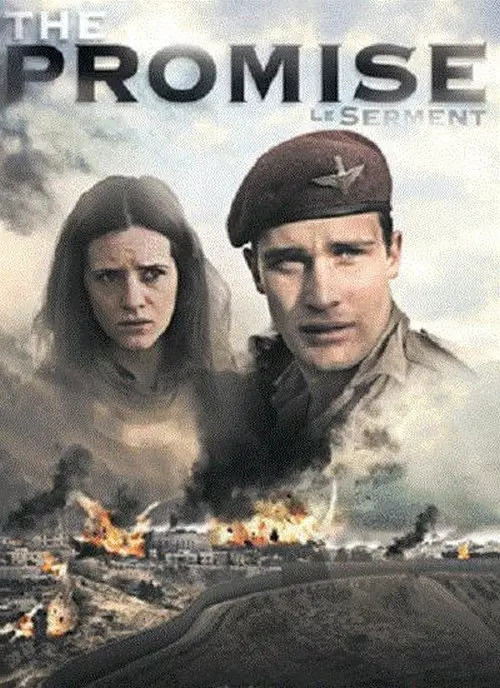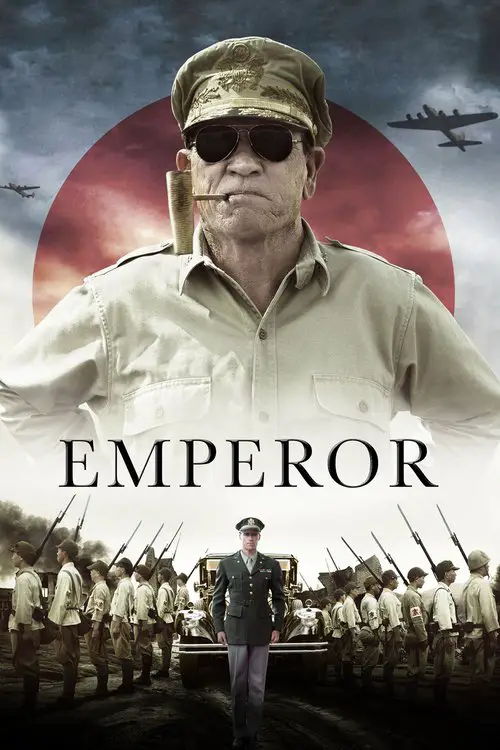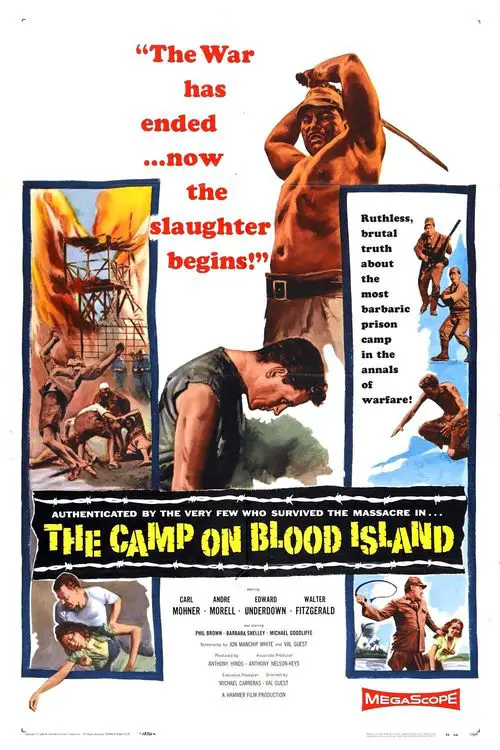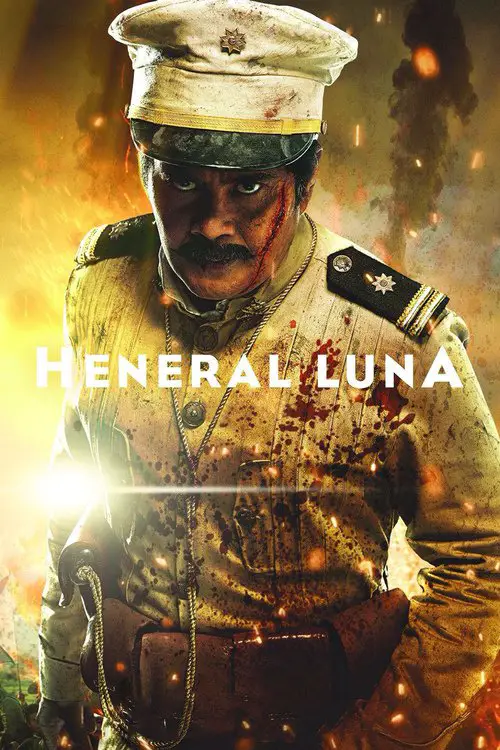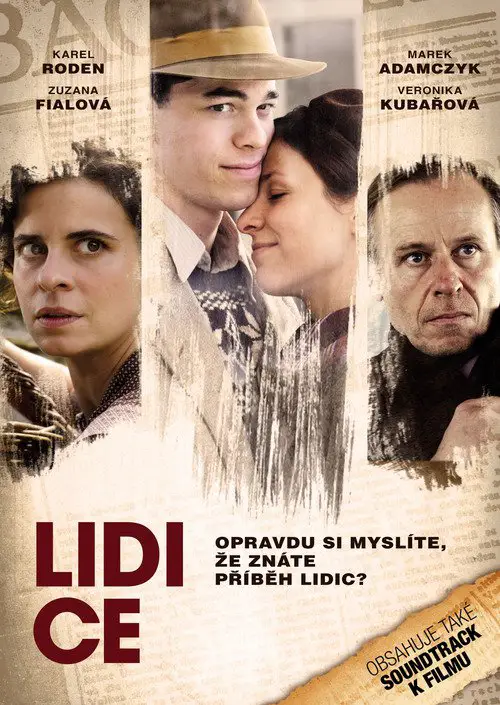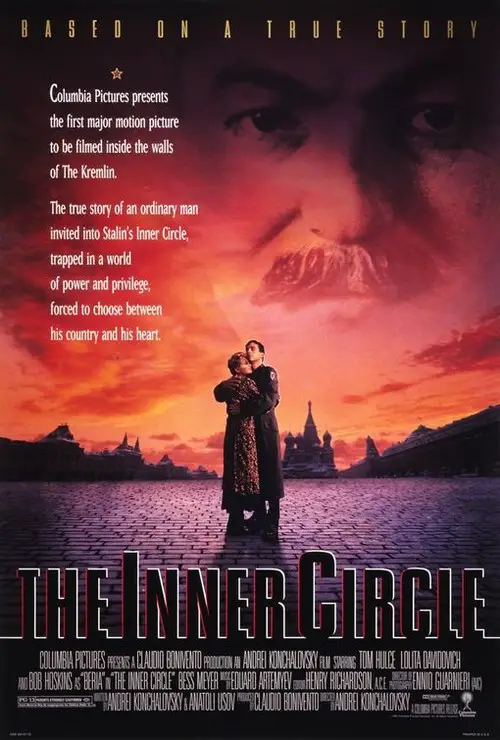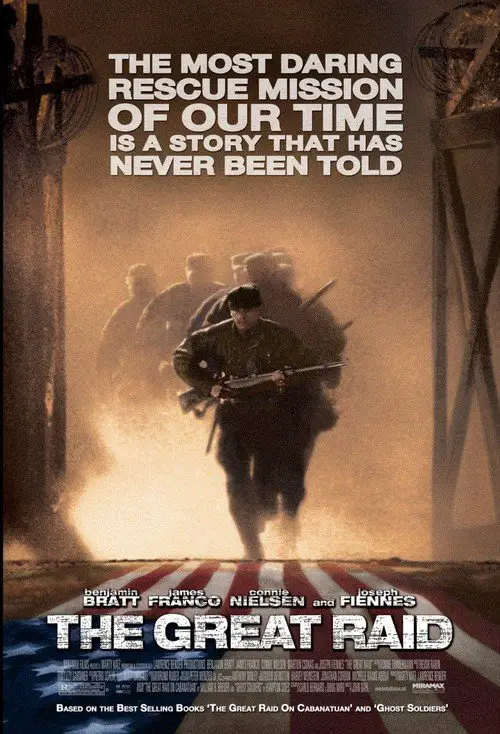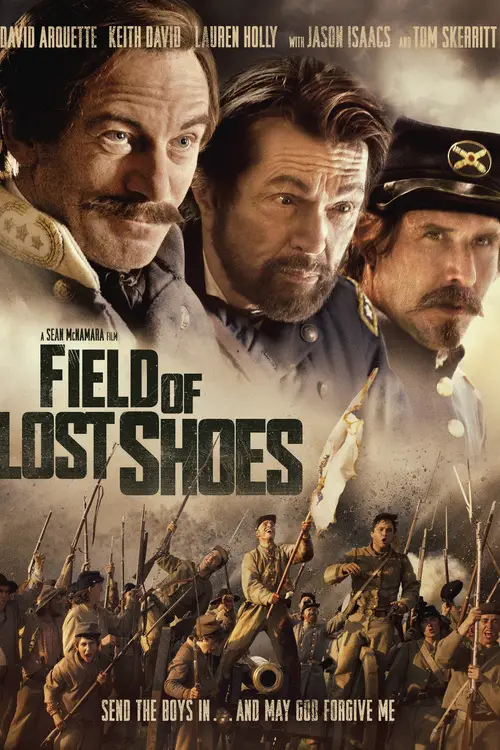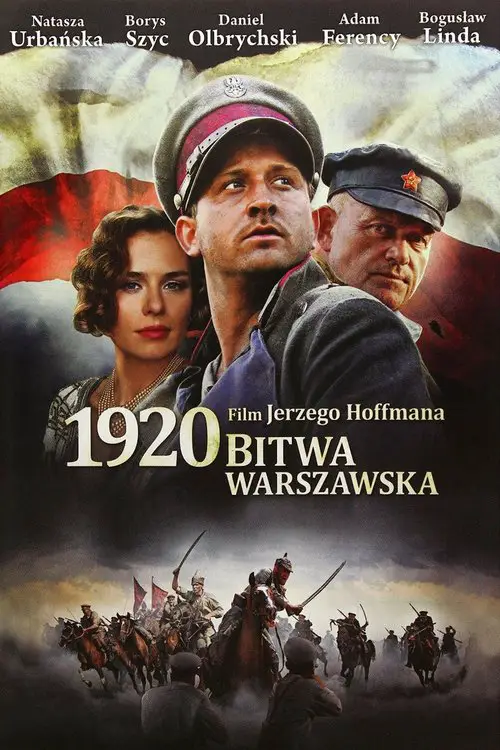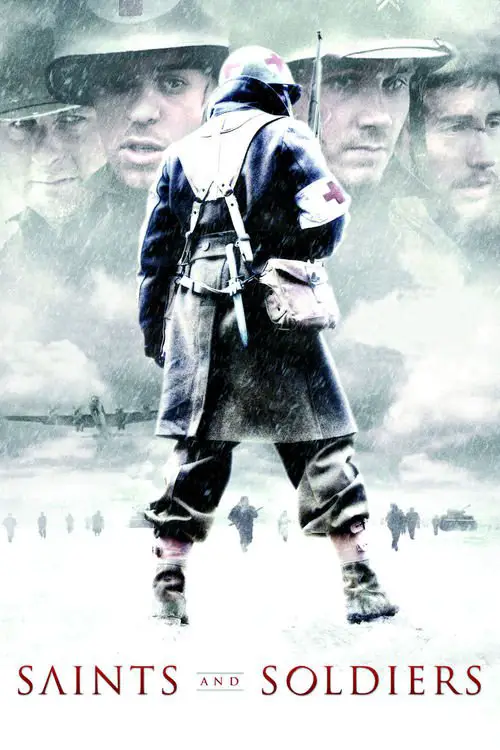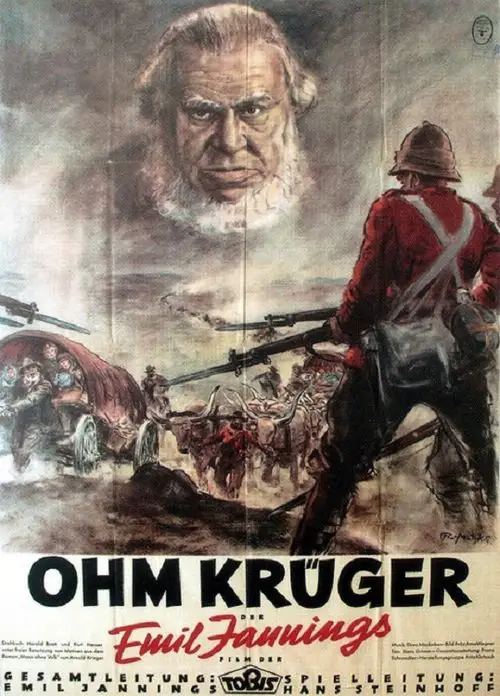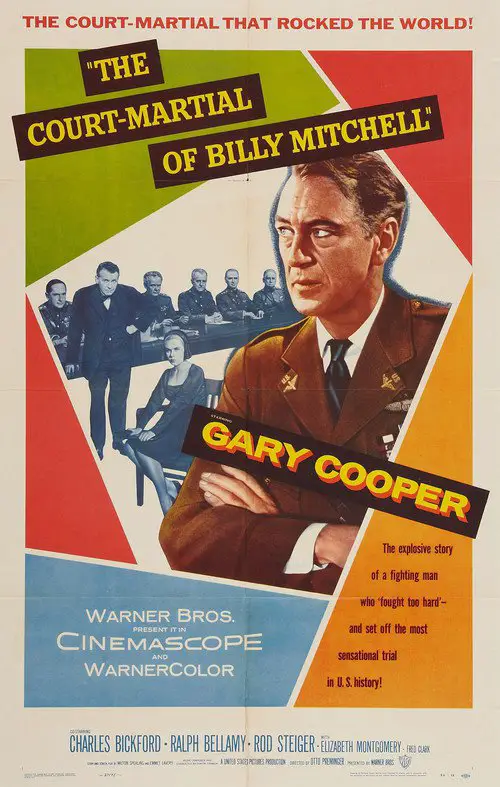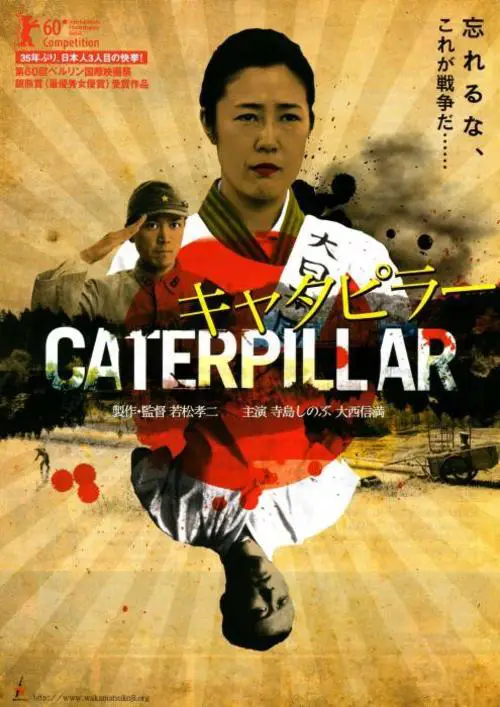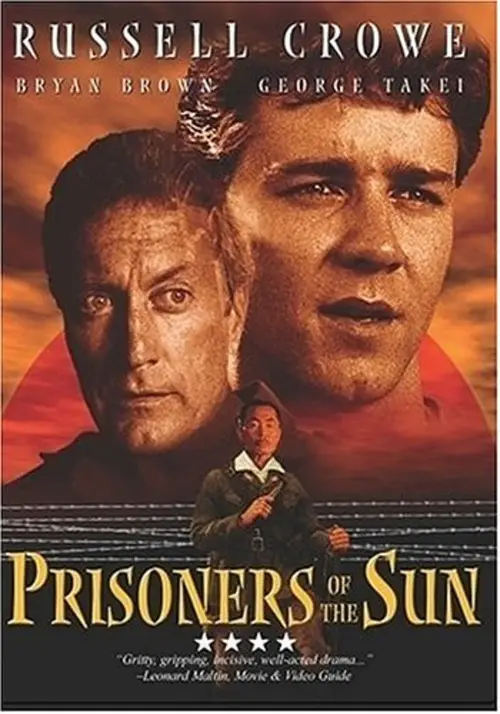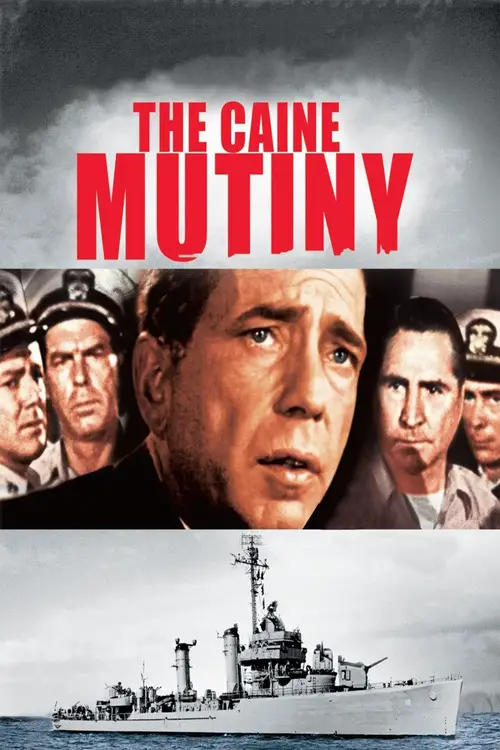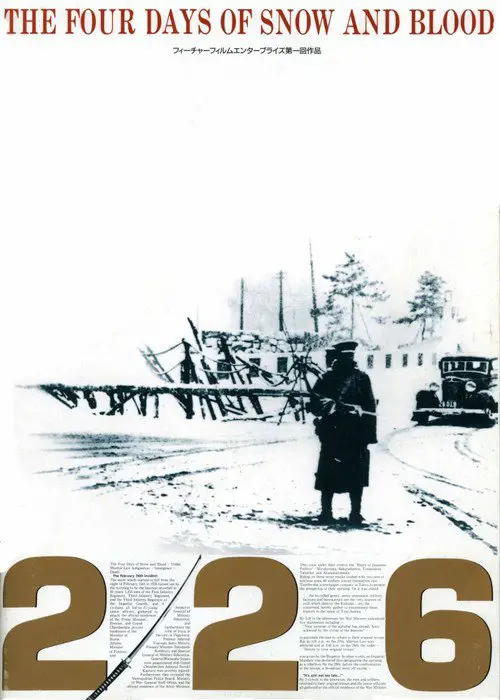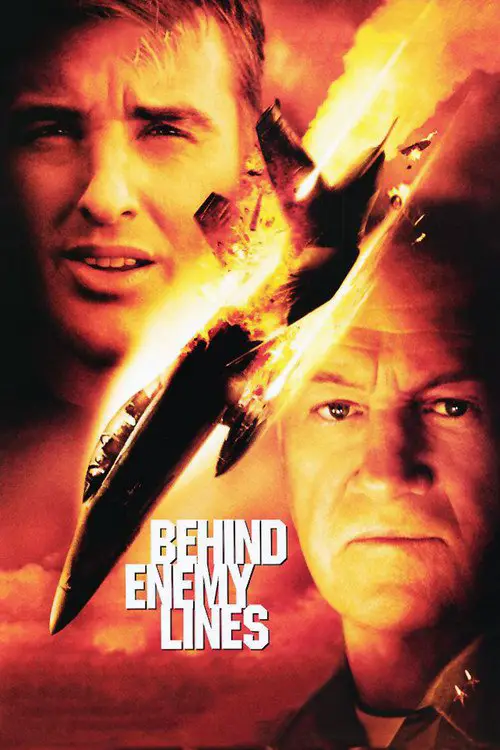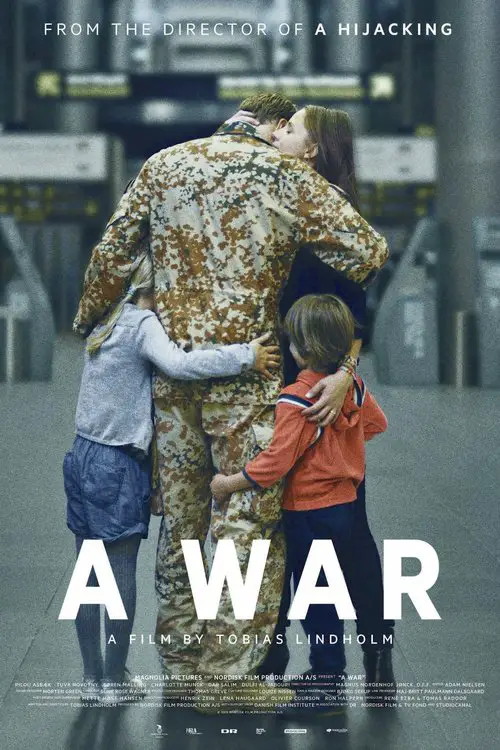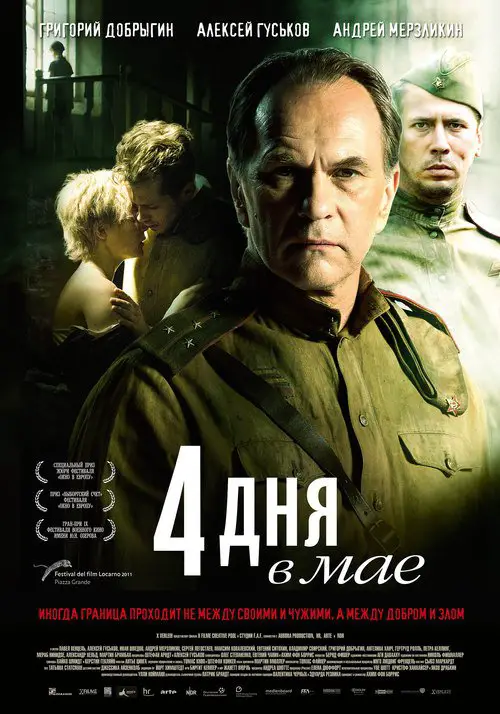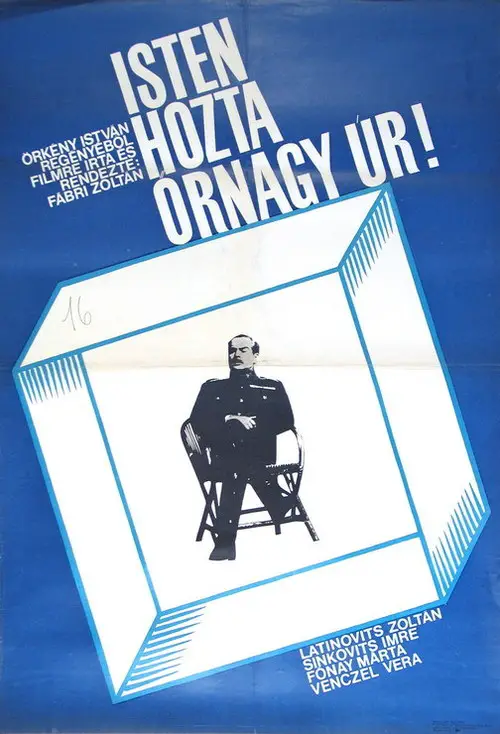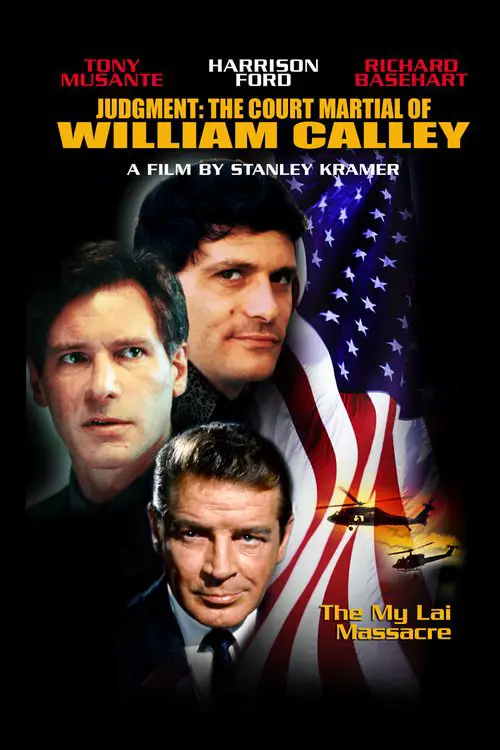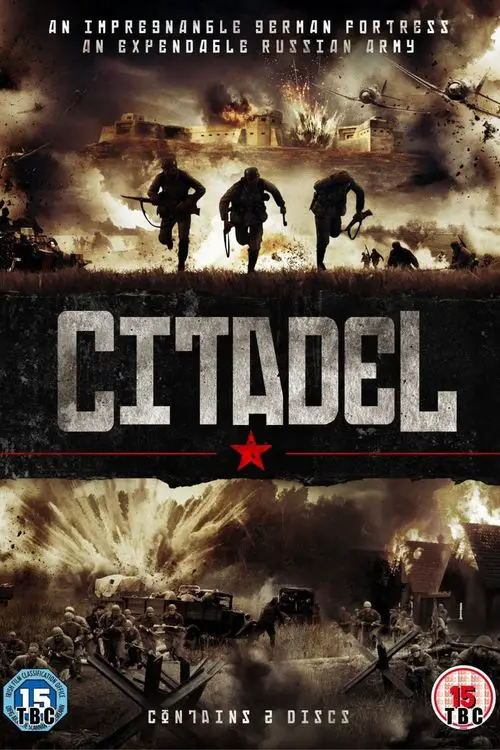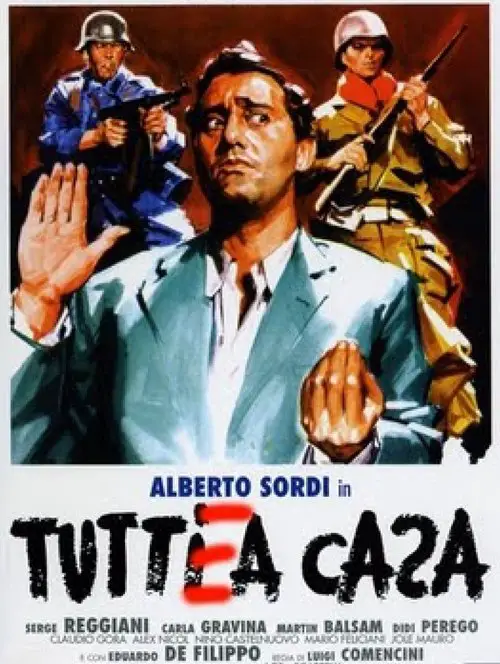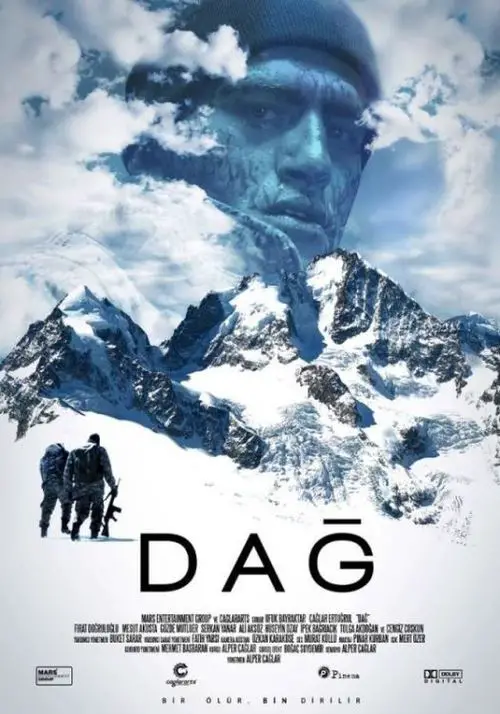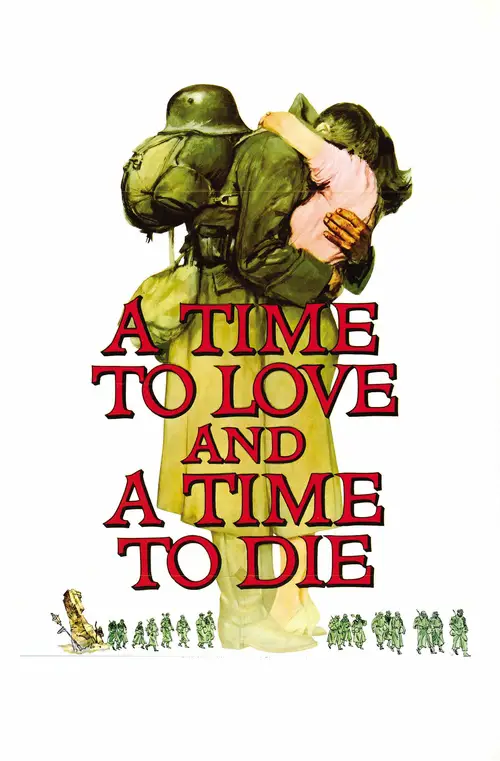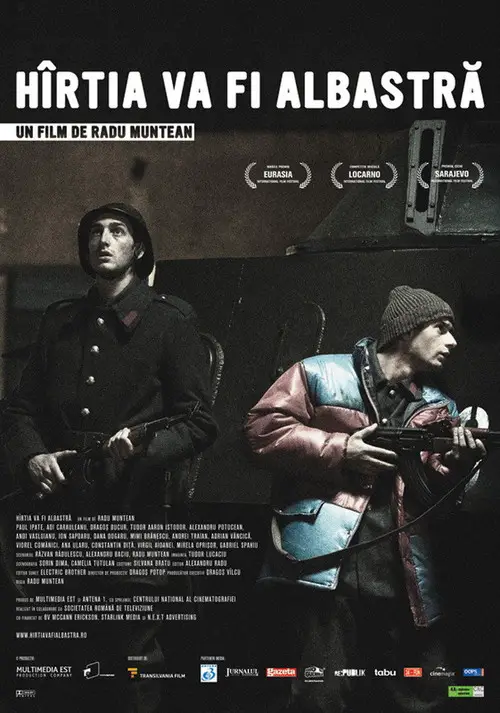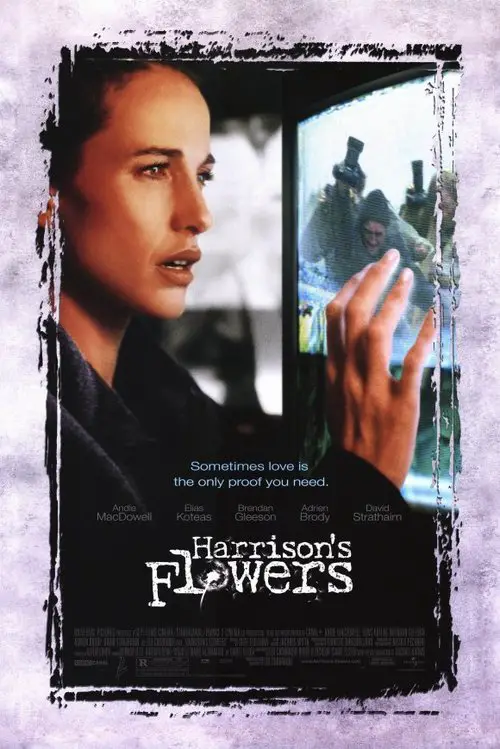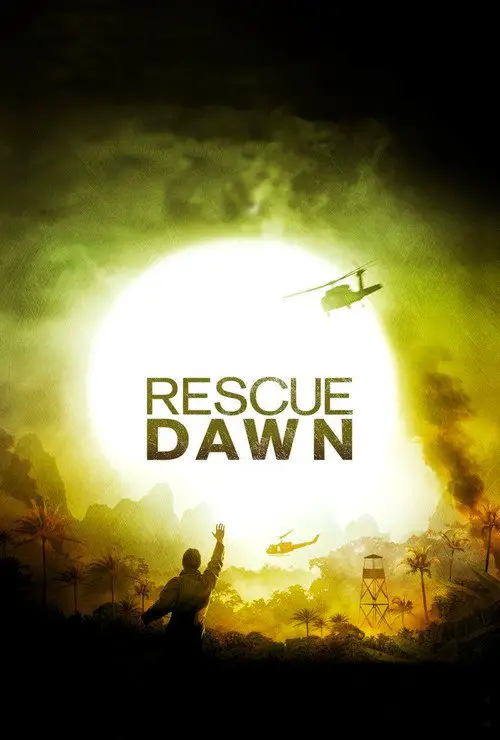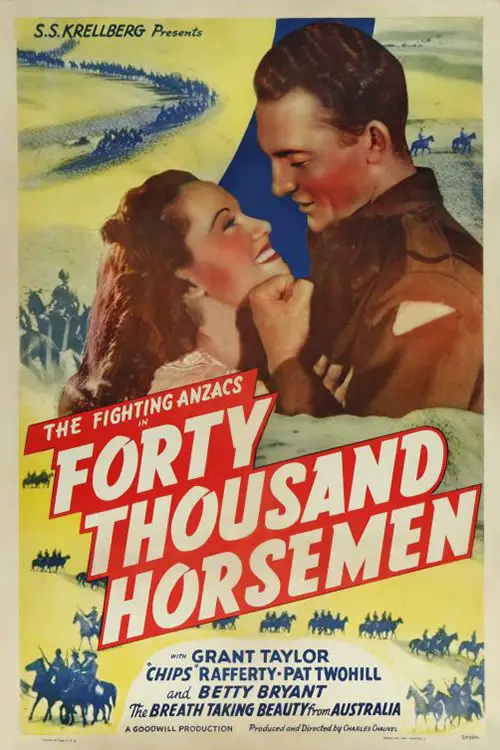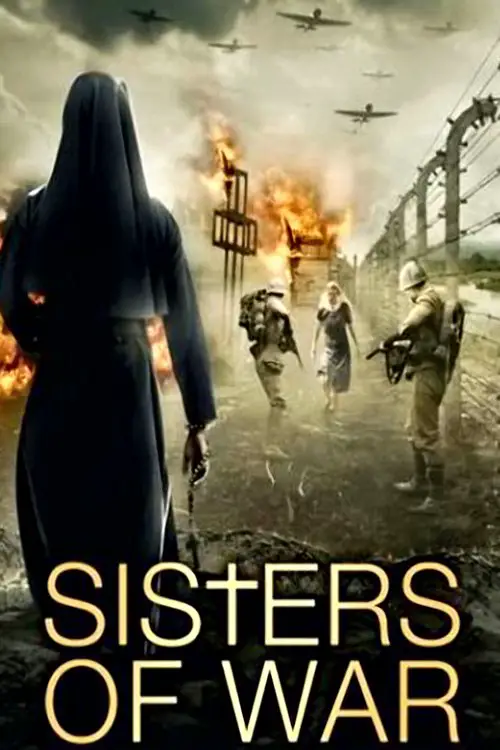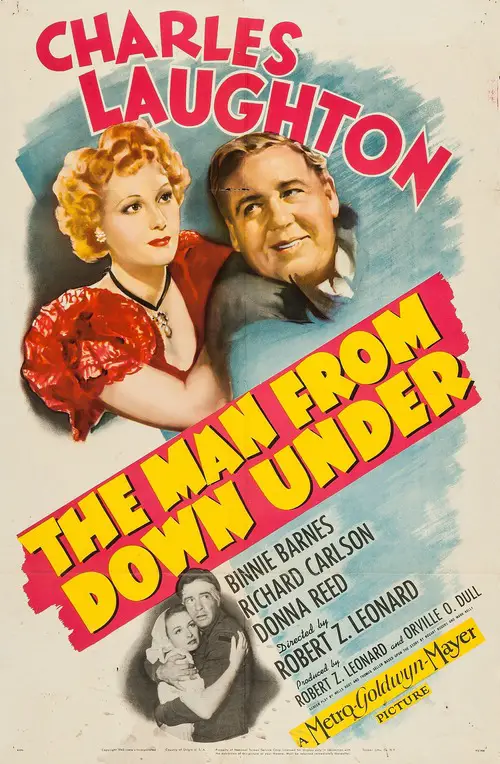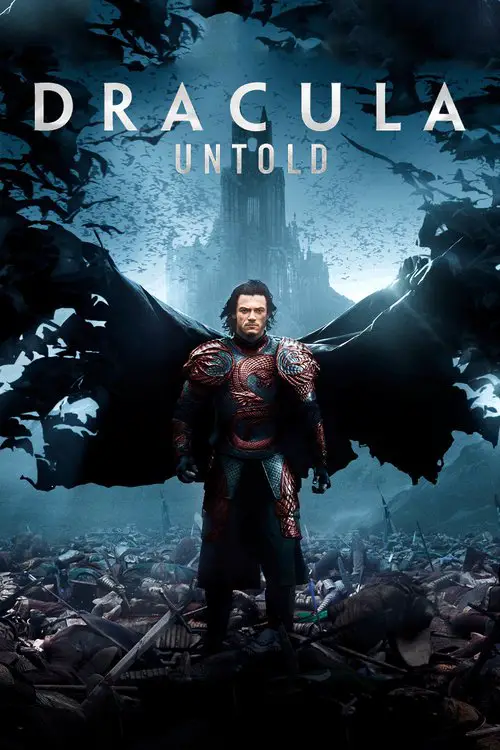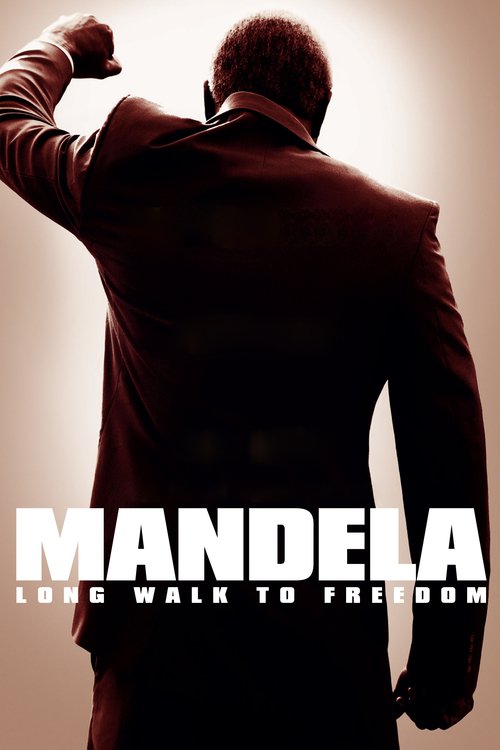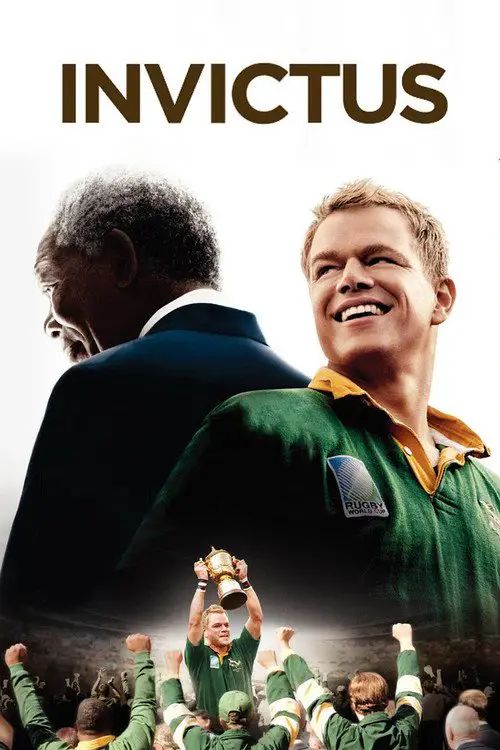Breaker Morant (1980)

Similar movies
As World War I rages, brave and youthful Australians Archy and Frank, both agile runners, become friends and enlist in the Australian and New Zealand Army Corps together. They later find themselves part of the Dardanelles Campaign on the Gallipoli peninsula, a brutal eight-month conflict which pit the British and their allies against the Ottoman Empire and left over 500,000 men dead.
We are in the year 1871. A journalist for Versailles Television broadcasts a soothing and official view of events while a Commune television is set up to provide the perspectives of the Paris rebels. On a stage-like set, more than 200 actors interpret characters of the Commune, especially the Popincourt neighbourhood in the XIth arrondissement. They voice their own thoughts and feelings concerning the social and political reforms. The scenes consist mainly of long camera takes.
This French version of the notorious spy's life centers less on her romantic escapades, and more on those that reveal the person she actually was during WW I when her German superiors ordered her to seduce the French captain Trintignant so she can steal classified papers from him. Instead she falls in love with him, blows the cover, and ends up convicted of espionage and shot. (AllMovie)
In 1879, during the Zulu wars, man of the people Lt. John Chard (Stanley Baker) and snooty Lt Gonville Bromhead (Michael Caine) are in charge of defending the isolated Natal outpost of Rorke's Drift from tribal hordes, holding out during an Alamo-like seige until they are overwhelmed, losing the battle, but going down in history as heroes. 150 soldiers defended a supply station against some 4000 Zulus, aided by the Martini-Henry rifle 'with some guts behind it. "At Rorke's Drift, eleven Victoria Crosses were awarded. Seven to the 2nd Battalion, 24th (2nd Warwickshire) Regiment of Foot, one to the Army Medical Department, one to the Royal Engineers, one to the Commissariat and Transport Department and one to the Natal Native Contingent.
Paradise Road is a 1997 film which tells the story of a group of English, American, Dutch and Australian women who are imprisoned in Sumatra during World War II. It was directed by Bruce Beresford and stars Glenn Close as beatific Adrienne Pargiter, Frances McDormand as the brash Dr. Verstak, Pauline Collins as missionary Margaret Drummond (based on missionary Margaret Dryburgh), Julianna Margulies as American socialite Topsy Merritt, Jennifer Ehle as British doyenne and model Rosemary Leighton Jones, Cate Blanchett as Australian nurse Susan McCarthy and Elizabeth Spriggs as dowager Imogene Roberts. Basing his picture on real events, Bruce Beresford tells the story of a vocal orchestra created by the women in a Japanese P.O.W. camp, a classic survivors' tale extolling women's ability to survive hardship and atrocity through perseverance, solidarity and creativity.
BENEATH HILL 60 is the action packed story of Australia's cat-and-mouse underground mine warfare - one of the most misunderstood, misrepresented, and mystifying conflicts of WW I. It was secret struggle BENEATH the Western Front that combined daring engineering, technology and science. Few on the surface knew of the brave, claustrophobic and sometimes barbaric work of these tunnellers.
Set in a Japanese prisoner of war camp during World War II, the film focuses on the brutality and horror that the allied prisoners were exposed to as the Japanese metered out subjugation and punishment to a disgraced and defeated enemy. This harrowing drama concentrates on the deviations of legal and moral definitions when two opposing cultures clash. Although fictional, this was one of the earliest films to deal realistically with life and death in a Japanese prisoner-of-war camp during the Second War.
PÅÃbÄh Lidic, je pÅÃbÄhem obyÄejných lidÃ, kteÅà se absurdnà shodou náhod pÅipletli do cesty dÄjinám. Film pÅibližuje osudy obyvatel Lidic skrz mezilidské vztahy, a to zejména lásku, která stojà na zaÄátku celého pÅÃbÄhu. Rok 1942 â nÄmecká propaganda úzkostlivÄ tajà genocidu páchanou na civilnÃm obyvatelstvu. Po atentátu na druhého muže tÅetà ÅÃÅ¡e Reinharda Heydricha vÅ¡ak udÄlá výjimku. Po vypálenà malé Äeské vesnice Lidice, vÅ¡e vyhlásà do svÄta. Jako záminka k vypálenà obce staÄà jeden milostný dopis. V dobÄ svého tragického konce, v Äervnu 1942, mÄly Lidice za sebou dÄjiny trvajÃcà nejménÄ Å¡est staletÃ. Nacisté chladnÄ popravili vÅ¡echny lidické muže, ženy a dÄti nechali pÅevézt do koncentraÄnÃho tábora. NÄkteré dÄti dali na pÅevýchovu. Celková bilance â 192 popravených mužů, 58 žen zemÅelo v koncentraÄnÃch táborech a 88 dÄtà bylo posláno do plynu. Obec Lidice byla vymazána z map a srovnána se zemÃ. Výpravný velkofilm Lidice je natoÄen podle skuteÄné události.
The movie describes the life of Adolf Hitler from childhood to manhood, and his rise to power. From his poor childhood in Austria, the first world war from his point of view, we see how Hitler was transformed from a poor soldier into the leader of the Nazis, and how he survived all attempts to kill him. We learn of his relationship with his mistress Eva Braun, his decisions and of his enemies inside the Nazi party.
Max Manus is a Norwegian 2008 biographic war film based on the real events of the life of resistance fighter Max Manus (1914â96), after his contribution in the Winter War against the Soviet Union. The story follows Manus â played by Aksel Hennie â through the outbreak of World War II in Norway until peacetime in 1945.
The true story of Ivan Sanchin, the KGB officer who was Stalin's private film projectionist from 1939 until the dictator's death. Told from Sanchin's view, the sympathetic but tragically flawed hero maintains unwavering faith in his "Master" despite the arrest of his neighbors and his involvement with their daughter, his wife's affair with the chilling State Security chief Lavrentii Beria and her tragic decline, and the deadly political machinations within the Kremlin he witnesses firsthand. Written by Martin H. Booda
In 1879, the British suffer a great loss at the Battle of Isandlwana due to incompetent leadership. Cy Endfield co-wrote the epic prequel Zulu Dawn 15 years after his enormously popular Zulu. Set in 1879, this film depicts the catastrophic Battle of Isandhlwana, which remains the worst defeat of the British army by natives, with the British contingent outnumbered 16-to-1 by the Zulu tribesmen. The film's opinion of events is made immediately clear in its title sequence: ebullient African village life presided over by King Cetshwayo is contrasted with aristocratic artifice under the arrogant eye of General Lord Chelmsford (Peter O'Toole). Chelmsford is at the heart of all that goes wrong, initiating the catastrophic battle with an ultimatum made seemingly for the sake of giving his troops something to do. His detached  manner leads to one mistake after another.
The picture opens in Krasnoyarsk, Siberia, in late 1988, when military trainees Petrovsky, Ryaba, Chugun, Stas, Pinochet, Lyutev and Vorobyev are whipped into shape at a training camp by the brutal, sadistic commander, Warrant Officer Dygalo - prior to being sent off to the front lines. After several one-by-one dalliances with the local whore, Snow White, and a cautionary lecture on the history, geography and culture of Afghanistan (which most of the men sleep through), the trainees head off to battle - first to the Bagram air base, then to the Afghani province of Khost to secure supply lines. But nothing can begin to prepare them for the brutal devastation into which they are plunged, or the relentless tide of slaughter that scatters thousands of Soviet victims in its wake.
A group of German boys are ordered to protect a small bridge in their home village during the waning months of the second world war. Truckloads of defeated, cynical Wehrmacht soldiers flee the approaching American troops, but the boys, full of enthusiasm for the "blood and honor" Nazi ideology, stay to defend the useless bridge.
The invasion of a village in Byelorussia by German forces sends young Florya (Alexei Kravchenko) into the forest to join the weary Resistance fighters, against his family's wishes. There he meets a girl, Glasha (Olga Mironova), who accompanies him back to his village. On returning home, Florya finds his family and fellow peasants massacred. His continued survival amidst the brutal debris of war becomes increasingly nightmarish, a battle between despair and hope.
City of Life and Death takes place in 1937, during the height of the Second Sino-Japanese War. The Imperial Japanese Army has just captured the then-capital of the Republic of China, Nanjing. What followed was known as the Nanking Massacre, or the Rape of Nanking, a period of several weeks wherein tens of thousands of Chinese soldiers and civilians were killed.
Nathan Algren is an American hired to instruct the Japanese army in the ways of modern warfare -- in this lush epic set in the 1870s, which finds Algren learning to respect the samurai and the honorable principles that rule them. Pressed to destroy the samurai's way of life in the name of modernization and open trade, Algren decides to become an ultimate warrior himself and to fight for their right to exist.
Palestine, 1917. The British advance has been stopped by the Turkish line running from Gaza to Beersheba. The latest attack on Gaza has failed. The attacking forces included a regiment of Australian mounted infantry, the Light Horse... Lighthorseman Frank is wounded in a skirmish with Bedouin. He is replaced by a young soldier, Dave, who proves to be a crack shot, but reluctant to fire at the enemy. Dave proves himself during a German biplane attack. Recuperating in hospital, he meets a sympathetic nurse, Anne... The regiment is called upon for a bold flanking attack on Beersheba. But how do you convince the Turks the main attack will come at Gaza? And how do you attack across a desert without water?
Ohm Krüger (English: Uncle Krüger) is a 1941 German biographical film directed by Hans Steinhoff and starring Emil Jannings, Lucie Höflich and Werner Hinz. It was one of a series of propaganda films produced in Nazi Germany attacking the British. The film depicts the life of the South African politician Paul Kruger and his eventual defeat by the British during the Boer War. It was the first film to be awarded the 'Film of the Nation' award. It was re-released in 1944
During the Second Sino-Japanese War, in 1940, Lieutenant Kurokawa returns home as a honored and decorated soldier but deprived of his arms and legs lost in battle. All hopes, from the villagers and women to close family members, turn to Shigeko, the Lieutenant's wife. She must honor the Emperor and the country in setting an example for all by fulfilling her duty and taking care of the 'god soldier'. Kurokawa prior to leaving to fight in the war regularly beat and berated his wife for her barrenness and inability to bring him a son. When he returns home as an amputee with no hearing and no speech, his wife dutifully attends to him, even though he shows little appreciation for her dedicated care. His main concerns are getting fed and getting sex. Even in his own degraded condition, he manages to berate his wife. Eventually, though, his own memories infiltrate and he is haunted by his horrible, sadistic deeds, performed while in the duty of the Japanese military.
On an obscure Pacific Island just north of Australia, the Japanese Empire has operated a prisoner of war camp for Australian soldiers. At the close of World War II, the liberated POWs tell a gruesome tale of mass executions of over eight hundred persons as well as torture style killings of downed Australian airmen. In an attempt to bring those responsible to justice, the Australian Army establishes a War Crimes Tribunal to pass judgement on the Japanese men and officers who ran the Ambon camp. In an added twist, a high ranking Japanese admiral is implicated, and politics become involoved with justice as American authorities in Japan lobby for the Admiral's release. Written by Anthony Hughes
While flying a routine reconnaissance mission over Bosnia, fighter pilot Chris Burnett photographs something he wasn't supposed to see and gets shot down behind enemy lines, where he must outrun an army led by a ruthless Serbian general. With time running out and a deadly tracker on his trail, Burnett's commanding officer decides to risk his career and launch a renegade rescue mission to save his life.
Company commander Claus Michael Pedersen and his men are stationed in Helmand, Afghanistan. Meanwhile back in Denmark, with a husband at war and three children missing their father, everyday life is a struggle for Claus' wife Maria. During a routine mission, the soldiers are caught in heavy Taliban crossfire. In order to save his men, Claus makes a decision that ultimately sees him return to Denmark accused of a war crime.
The Toth family resides in Northern Hungary. The couple has a daughter and a son, the latter a member of the armed forces. When his weary major is ordered to take a vacation, the son talks him into a visit to his family home. Comedy endues when the Toth's go overboard trying to make things pleasant for the visiting major in hopes of an easier life for their son the soldier.
The final part of Mikhalkov's trilogy about Divisional Commander Kotov finds him returning home during World War II having been betrayed, narrowly escaped execution for treason and nearly reduced to dust in a prison camp. Only to discover that everything has changed and he will have to fight again for his name, for his honor, and for his love.
Everybody Go Home (Italian: Tutti a casa) is a 1960 Italian film directed by Luigi Comencini. It features an international cast including the U.S. actors Martin Balsam, Alex Nicol and the Franco-Italian Serge Reggiani. Nino Manfredi was rejected for the starring role because Alberto Sordi wanted it.
Harrison Lloyd is a Pulitzer-winning photojournalist. His wife and family are making it hard for him to keep his mind on his work when he's in a war zone, and he wants to change jobs to something less stressful. But he's got one last assignment, in war-torn Yugoslavia, in 1991, at the height of the fighting. Word comes back that he apparently died in a building collapse, but his wife Sarah (also a journalist for Newsweek) refuses to believe that he's dead and goes looking for him. She's helped immensely by the photo-journalists Eric Kyle and Marc Stevenson that she runs into over there; together, they're determined to make it through the chaotic landscape to Vukovar, which is not only the nexus of the war but where she believes Harrison is located. Meanwhile, Harrison's son Cesar is looking after his father's prized greenhouse, keeping hope, and flowers, alive.
Sisters of War is a World War II memoir that re-creates events in New Britain during the Japanese invasion and occupation. It is a story about the Daughters of Our Lady of the Sacred Heart, especially Sister Berenice Twohill and her working friendship with nursing sister, Lorna Whyte. The Australians pulled out of the mission in Vunapope outside Rabaul, leaving the nurses and wounded who took refuge there. They were captured and about to be executed when Bishop Leo Scharmach MSC bluffed the Japanese by saying that he was the representative of Hitler and his people could not be executed.
Vlad Tepes is a great hero, but when he learns the Sultan is preparing for battle and needs to form an army of 1,000 boys, including Vlad's son, he vows to find a way to protect his family. Vlad turns to dark forces in order to get the power to destroy his enemies and agrees to go from hero to monster as he's turned into the mythological vampire Dracula.
Newly elected President Nelson Mandela knows his nation remains racially and economically divided in the wake of apartheid. Believing he can bring his people together through the universal language of sport, Mandela rallies South Africa's rugby team as they make their historic run to the 1995 Rugby World Cup Championship match.
In 1893, Gandhi is thrown off a South African train for being an Indian and traveling in a first class compartment. Gandhi realizes that the laws are biased against Indians and decides to start a non-violent protest campaign for the rights of all Indians in South Africa. After numerous arrests and the unwanted attention of the world, the government finally relents by recognizing rights for Indians, though not for the native blacks of South Africa. After this victory, Gandhi is invited back to India, where he is now considered something of a national hero. He is urged to take up the fight for India's independence from the British Empire. Gandhi agrees, and mounts a non-violent non-cooperation campaign of unprecedented scale, coordinating millions of Indians nationwide. There are some setbacks, such as violence against the protesters and Gandhi's occasional imprisonment. Nevertheless...
© Valossa 2015–2026
| Privacy Policy
